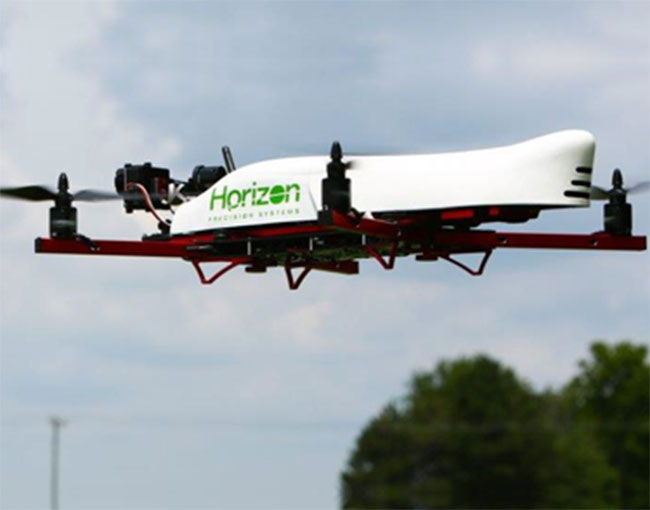Home > Insights > Publications > More boots on the ground: FAA provides law enforcement guidance for suspected unauthorized UAS operation

There could soon be a lot more boots on the ground and eyes on the sky watching for dangerous or unauthorized Unmanned Aircraft Systems (UAS, or “drones”). On January 8, 2015, the Federal Aviation Administration (FAA) provided new UAS guidance directed toward state and local Law Enforcement Agencies (LEA). The guidance focuses on what LEAs can do to assist the FAA’s efforts to deter, detect, investigate, and pursue enforcement actions against unsafe or unauthorized UAS operations.
Although the FAA deploys aviation safety inspectors to investigate and detect problematic flight operations, LEAs are often in a better position to respond quickly and initially investigate UAS incidents. After all, if someone witnesses a dangerous UAS flight, “9-1-1” is likely to be the first number dialed. The January 8 guidance provides information to LEAs about the legal framework governing UAS and the actions that would provide the most assistance to the FAA. Subject to local laws that may restrict LEA activities, these actions include:
- Identifying and interviewing witnesses for possible FAA enforcement;
- Determining the UAS operators involved in an incident for follow-up FAA investigation;
- Viewing and documenting the suspected location of an incident for future FAA investigation and enforcement;
- Identifying sensitive locations, events, or activities subject to Temporary Flight Restrictions or other prohibitions on flight operations where UAS cannot legally operate;
- Notifying appropriate FAA Regional Operation Centers of an incident;
- Collecting and preserving evidence the FAA can use in its enforcement.
The FAA recognizes that almost all of these actions are within the LEA’s “tool box” but is careful to note that certain law enforcement actions, such as arrest and detention or non-consensual searches almost always fall outside of the allowable methods to pursue administrative enforcement actions by the FAA. The FAA suggests that LEAs seek consent to examine UAS and equipment and conduct “stop and talk” sessions with suspected violators. The FAA also provided tips on how to spot illegitimate commercial UAS users, including asking LEAs to look for unregistered aircraft. This new guidance may signal an uptick in FAA UAS enforcement actions, which have been minimal to date.
The FAA also makes a clear distinction between recreational (e.g., model aircraft) and non-recreational (e.g., commercial) UAS users, the latter group being broadly prohibited from flying without specific authorization from the FAA. Authorized users should always consult FAA safety materials, temporary flight restriction listings, and state and local laws before taking to the skies as not doing so could be costly.
If you have any questions regarding the content of this posting or use of UAS in your business, please contact Sean McGowan or Tyler Black.
